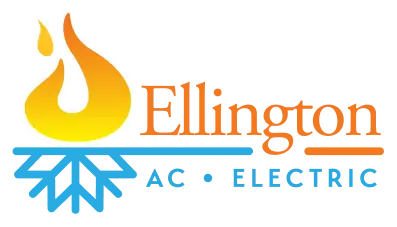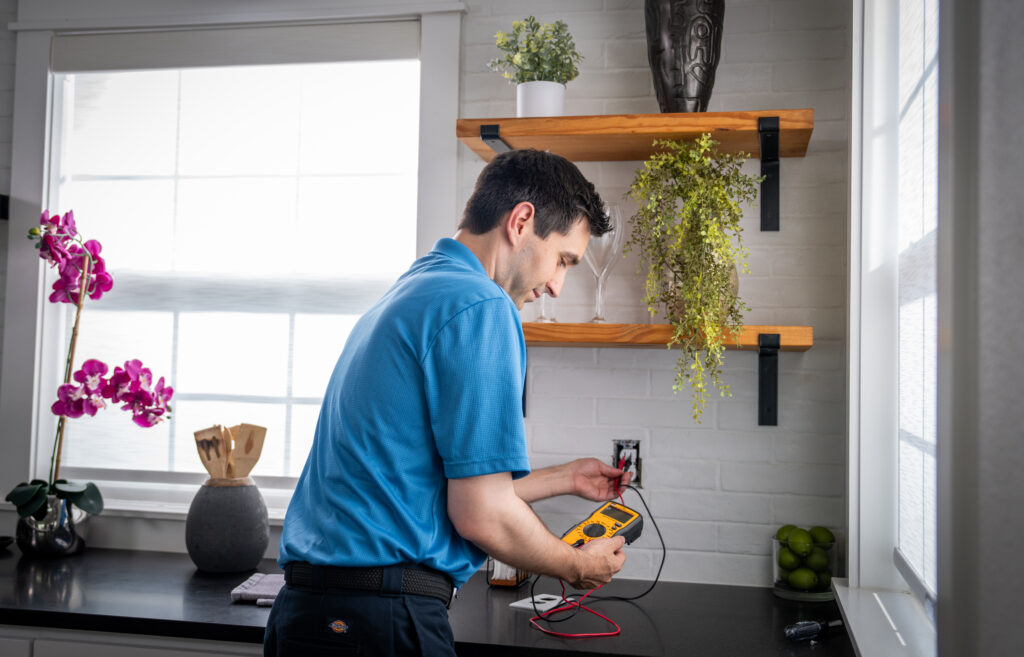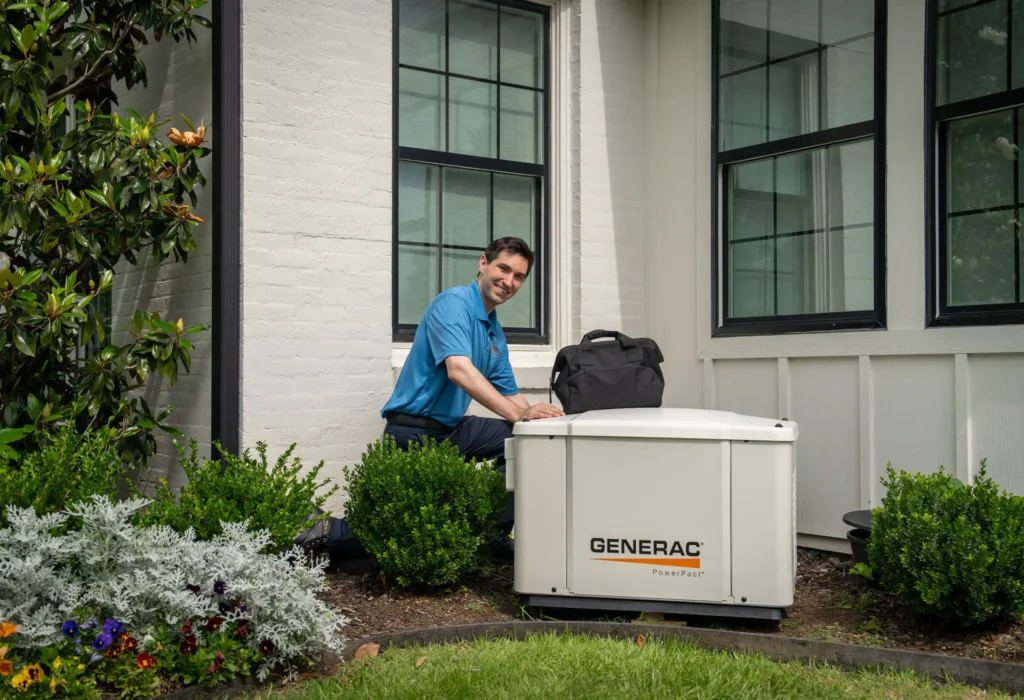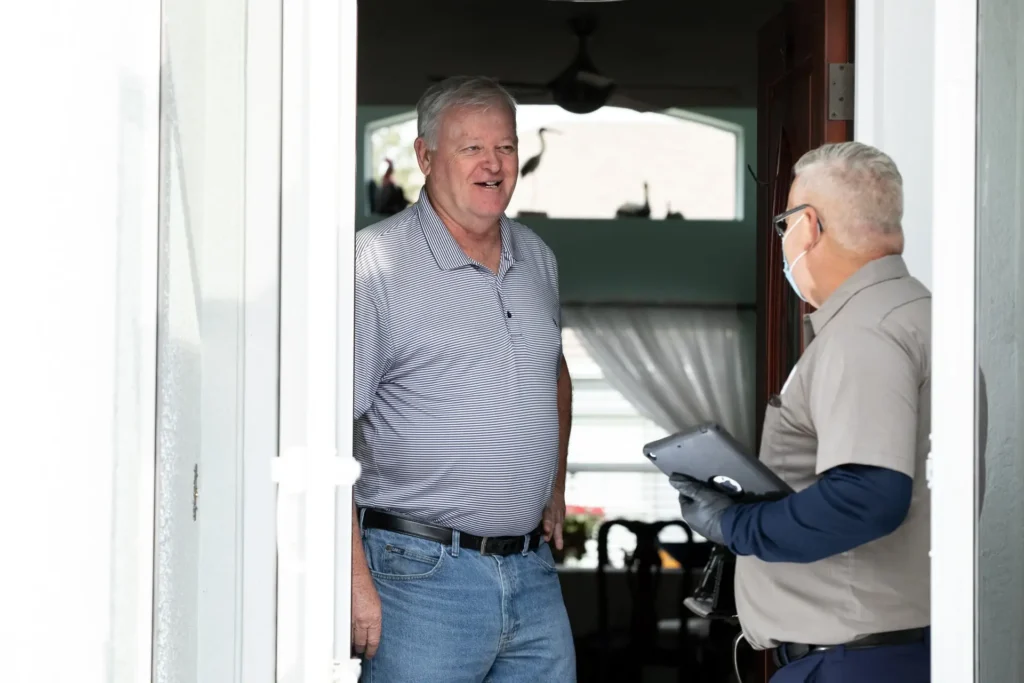

BLOG
What Is Water-Cooled Air Conditioning (and Is It Right for Florida Homes)?
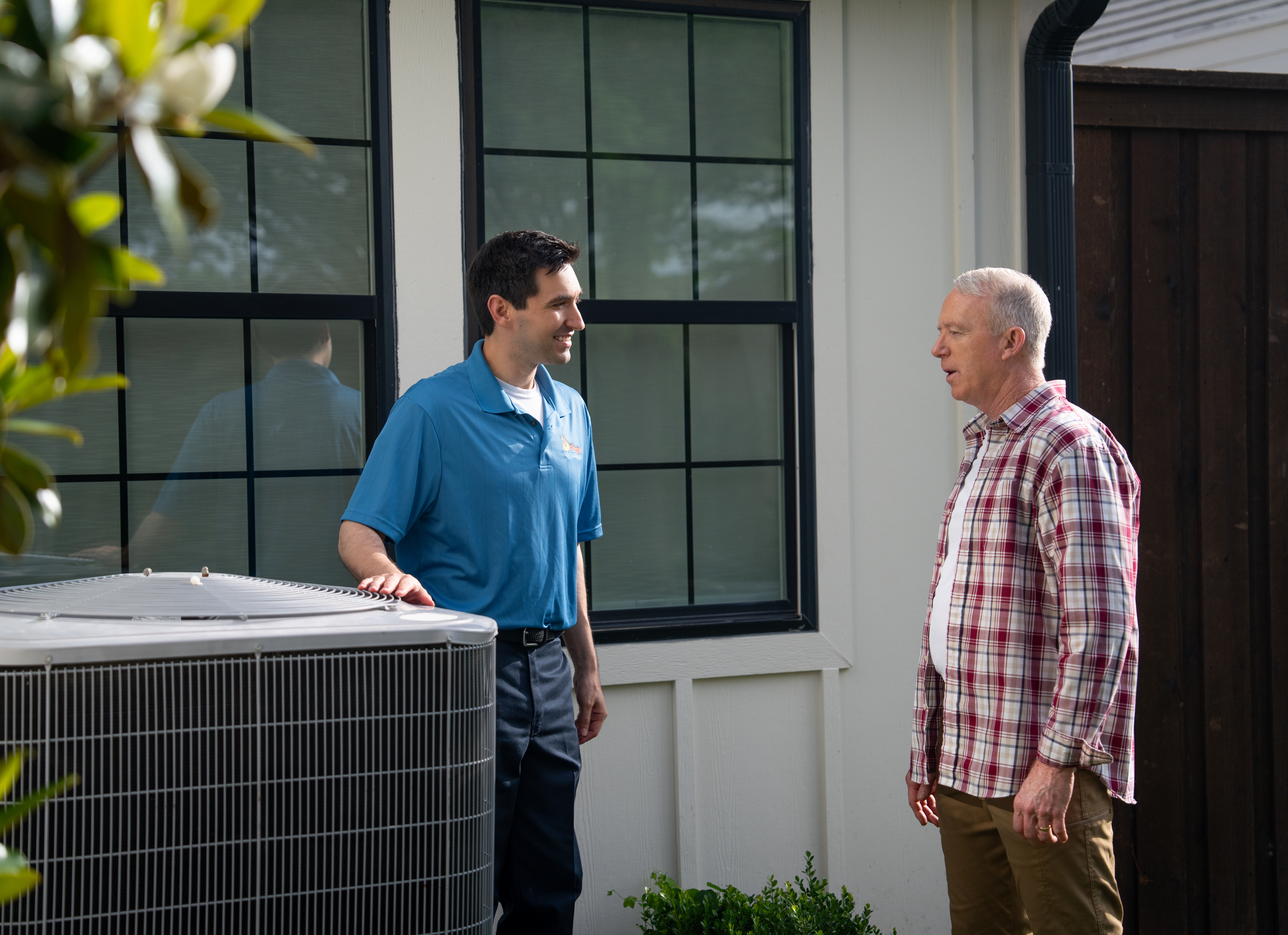
Water-cooled air conditioning operates on an entirely different principle than the traditional AC units most Florida homeowners use. Instead of relying on outdoor air and a fan to cool the refrigerant, water-cooled systems use water.
This difference impacts everything: efficiency, installation complexity, cost, and maintenance. For most residential applications in Rockledge and across the Space Coast, air-cooled systems remain the practical standard. But understanding water-cooled technology matters if you're considering options for a commercial property or multi-unit building.
How Water-Cooled AC Systems Work
A water-cooled air conditioning system uses water instead of air to cool the refrigerant circulating through the system. Here's the process:
Warm air from inside the building is drawn over evaporator coils, where refrigerant absorbs the heat and cools the air. The refrigerant then travels to a condenser. Instead of being cooled by outdoor air and a fan like traditional systems, the refrigerant is cooled by water flowing through the condenser.
Once the refrigerant releases its heat to the water, that warm water is either drained away or circulated to a cooling tower where it cools back down before returning to the system. The cycle repeats continuously, removing heat from your indoor space.
The key distinction is location and design. Water-cooled condensers are typically housed inside the building or in a compact unit, eliminating the need for the large box-shaped outdoor condenser most homeowners see.
Water-Cooled vs. Air-Cooled AC: What's the Key Difference?
The fundamental difference comes down to what medium cools the refrigerant. Air-cooled systems use outdoor air and a fan. Water-cooled systems use water. Here's how they stack up:
- Air-cooled systems use outdoor air blown over a condenser coil by a fan, with the condenser sitting outside. Installation is straightforward with lower upfront costs and proven reliability for individual homes.
- Water-cooled systems cool refrigerant using water through a heat exchanger, with the condenser internal or compact. Installation is complex with significantly higher costs, but efficiency advantages justify expenses for large buildings.
Each system was engineered for different purposes. Air-cooled excels when simplicity, cost, and reliability matter most, which is why it's standard for residential properties. Water-cooled excels when efficiency gains justify added complexity and expense, which describes large commercial and multi-unit buildings.
Why Water-Cooled Systems Perform Better in Hot Climates
Florida's heat and humidity would seem ideal for water-cooled efficiency. In some ways, it is. But understanding the full picture requires looking at several factors.
Water absorbs and transfers heat more effectively than air. This allows refrigerant in a water-cooled system to achieve lower condensing temperatures and pressures, meaning the compressor works less hard and uses less energy. In climates with sustained high heat, this efficiency advantage becomes measurable.
Florida's humidity adds complexity. Water-cooled systems maintain consistent performance because they rely on water temperature (which accounts for humidity) rather than outdoor air temperature alone. Air-cooled systems can struggle during peak heat and humidity when the outdoor environment makes heat dissipation harder.
Beyond efficiency, there's durability to consider:
- Water-cooled chillers typically last 20-30 years with proper maintenance
- Air-cooled systems typically last 15-20 years
- Stable operating conditions mean less thermal stress and mechanical wear
So why aren't water-cooled systems everywhere in Florida? Despite these advantages, significant practical limitations make them impractical for homes.
Important Limitations for Residential Applications
Water-cooled systems come with real complications that make them unsuitable for typical homeowners. Understanding these drawbacks explains why air-cooled remains the standard for Florida residences.
Here are the key challenges:
- Installation and cost: Cooling towers, pumps, treatment systems, and extensive piping require skilled labor and careful engineering. Upfront costs are substantially higher than air-cooled alternatives—often prohibitively expensive for residential budgets.
- Water dependency: Consistent water supply is required, problematic during droughts or in water-restricted areas. Water treatment prevents mineral buildup and corrosion. Some municipalities restrict using potable water for cooling altogether.
- Ongoing maintenance: Regular professional service is needed for cooling towers, water quality monitoring, and leak checks. Mineral deposits can clog condenser coils and reduce efficiency.
- Space and infrastructure: Cooling towers and piping need dedicated mechanical room space. Most residential properties lack the infrastructure to support a water loop system.
- Risk of damage: An extensive network of water-carrying pipes creates multiple potential failure points. Leaks can cause costly and destructive water damage.
These limitations are why water-cooled technology, despite its efficiency advantages, simply doesn't make sense for single-family homes.
Where Water-Cooled Systems Actually Make Sense
Water-cooled technology is genuinely valuable, just not for single-family homes. These systems excel in specific applications where their advantages outweigh costs and complexity:
- Multi-unit buildings and condos: High-rise buildings often use water source heat pump systems where each unit connects to a shared central water loop and cooling tower. Individual residents control their temperature while the building achieves centralized efficiency. This approach is standard in South Florida's waterfront properties along the Space Coast.
- Commercial and industrial properties: Hotels, hospitals, office buildings, manufacturing facilities, and data centers use water-cooled chillers to handle enormous cooling loads. Energy savings over decades of operation justify the high installation and maintenance costs.
- Geothermal residential systems: Some luxury properties use ground-source heat pumps that extract heat from the earth or a water source. These are highly efficient but require significant land space and budget. They're rare in typical residential settings.
For these applications, water-cooled systems represent a serious investment in efficiency and performance. But for the overwhelming majority of Florida homeowners? Air-cooled remains the right choice.
Are Water-Cooled Systems Common in Florida Homes?
The short answer is no. Water-cooled residential AC systems are extremely uncommon in single-family Florida homes. The vast majority of homeowners use traditional air-cooled split systems or packaged units. Exceptions exist in high-rise buildings and commercial properties, but for typical residents of Rockledge, Melbourne, West Melbourne, or anywhere in the Palm Bay area, an air-cooled system is generally the practical choice.
Modern air-cooled AC units are highly efficient, reliable, and require minimal maintenance compared to water-cooled alternatives. They're designed specifically for residential applications and perform well in Florida's climate.
Choosing the Right Cooling Solution for Your Needs
Whether you're building a new home, replacing an aging AC system, or considering options for a multi-unit property, the right cooling solution depends on your specific needs, budget, and building type. Ellington Air Conditioning & Heat helps homeowners and property managers understand their options and make informed decisions.
For most residential properties in the Space Coast, we recommend efficient air-cooled systems that provide excellent performance and reliability. If you're managing a commercial property or multi-unit building, our team can discuss whether water-cooled technology makes sense for your application. We also provide ongoing HVAC maintenance to keep any system operating at peak efficiency.
Our experienced team can answer your questions and help you decide which cooling solution fits your property best.
Schedule Your Consultation With Ellington AC & Electric
If you're wondering which cooling solution is right for your home or building, we're here to help. Whether you have questions about water-cooled systems, want to upgrade an existing unit, or need advice on the most efficient cooling option for your property, Ellington's experienced team can guide you.
Ready to discuss your cooling needs? Call us at (321) 222-0605 or schedule your consultation online.
